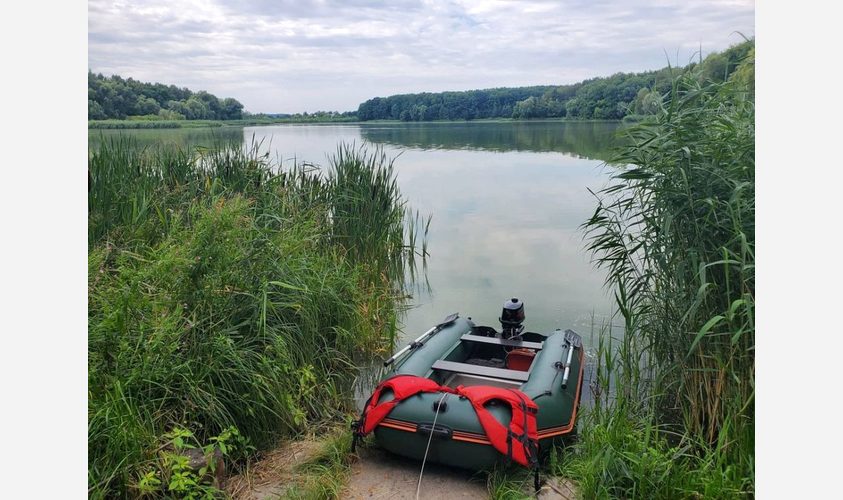Департамент міської агломерації ЛМР провів вже другу онлайн-зустріч із представниками Ради Європи та успішних польських асоціацій самоврядування. Цього разу спілкувалися із колегами з Верхньосілезької агломерації, яка створена навколо міста Катовіце.
Під час зустрічі обговорювали ситуацію, яка зачіпає одночасно інтереси кількох територіально наближених до Львівської МТГ громад – стан озера Наварія.
Так, ініціатор спільної українсько-польської зустрічі – заступник директора департаменту міської агломерації ЛМР Роман Кізима розповів, що Львів запропонував спільний проєкт очищення водойм на прикладі Щирецького водосховища та озера Наварія.
Територіально озеро Наварія розташоване на території Пустомитівської громади. Водночас воно в постійному користуванні через комунальні підприємства у Львівської громади. Натомість наповнюють це озеро уже забруднені нечистотами річки, які протікають через Солонківську та Сокільницьку громади. Там, як відомо, немає каналізації.
«Згуртувавши громади навколо великого міста, як того і вимагає принцип агломерації, цю проблему частково можна вирішити. В Європі цьому суттєво допомагає тамтешнє законодавство. Але спочатку громади повинні подбати про каналізування та водовідведення у своїх громадах», – наголосив Роман Кізима.
Відтак головні тези зі спільної українсько-польської онлайн-зустрічі: перше – очищення водойм треба починати із каналізування громад; друге – перспективними для України є спільні польсько-українські проєкти, участь у відповідних конкурсах.
Учасники онлайн-панелі відзначили, що в Україні реформа децентралізації навіть попри 8 років російської агресії відбулася значно швидше, ніж це було у Польщі. За цей нелегкий час українці таки зуміли передати контроль над ресурсами центрального рівня до місцевих територіальних одиниць. Коли громади самі вирішують, як розвивати соціальну інфраструктуру, де і що будувати, контролюють якість роботи місцевої влади, яку самі ж і обирають. Водночас повномасштабна війна чітко показала, що гуртом (у форматі неофіційної агломерації зокрема) краще не лише розвиватися, а й відновлюватися від наслідків війни.
В ЄС особливо дбають про екологічну складову, тож зацікавлені, аби річки не забруднювали Балтійський басейн. Новий статус України – кандидата в члени ЄС – лише додає нових можливостей для реалізації низки програм та співфінансування.
У Польщі стежити за забрудненням річок відходами допомагає тамтешнє законодавство. Тож наступний крок для України – якомога швидше ухвалення закону «Про агломерацію». А також нове екологічне законодавство, яке дозволить громадам ефективніше контролювати систему каналізування в домогосподарствах.

